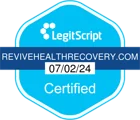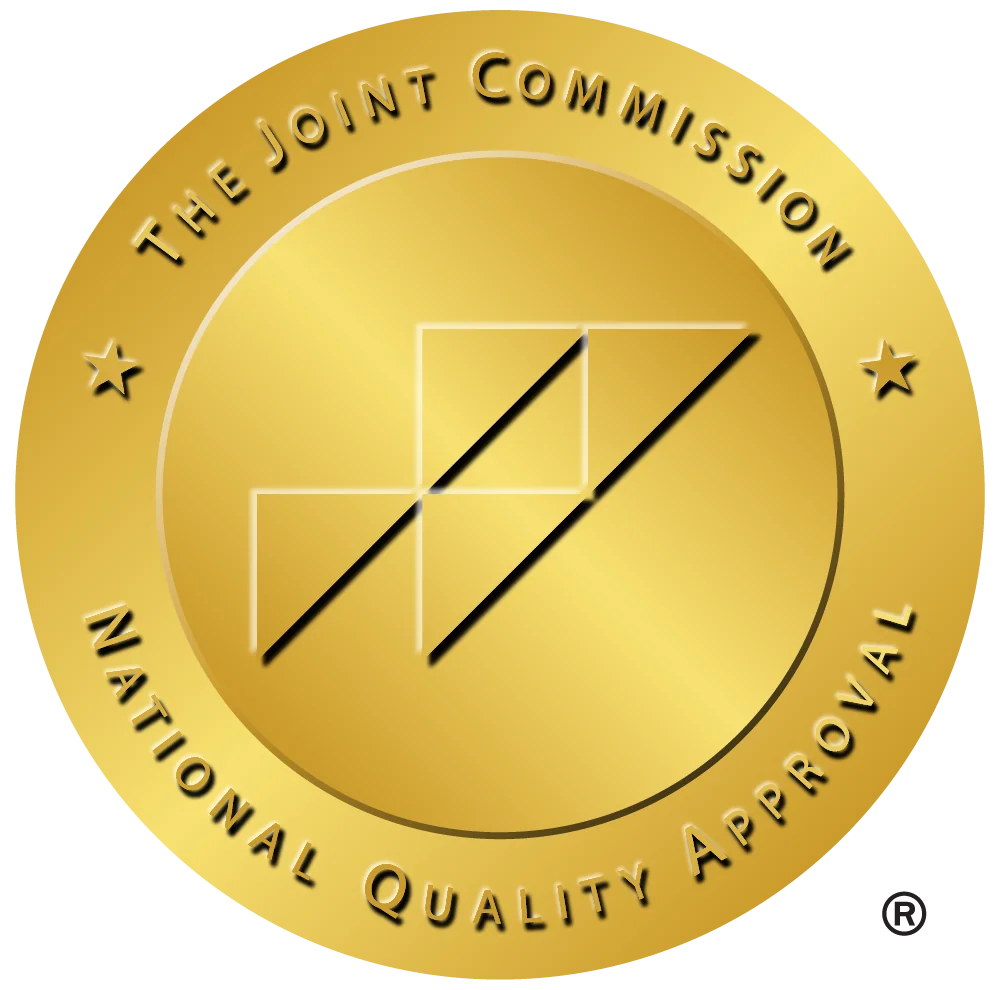
Frequently Asked Questions
Are you or a loved one struggling with mental health challenges, drug or alcohol addiction? Get the information you need. Find answers to questions about counseling and treatment.
Drug addiction is a chronic brain disease that causes compulsive substance use despite harmful consequences. It is characterized by an inability to stop using a drug, even in the face of adverse health effects.
Signs of drug addiction can vary, but common signs include changes in behavior, mood swings, loss of interest in previously enjoyed activities, deteriorating relationships, poor performance at work or school, and changes in physical appearance or health.
Drug addiction is treated using a combination of behavioral therapy, medication, and peer support. This can be delivered through inpatient or outpatient treatment programs. The specific treatment approach depends on the individual’s needs and the type of substance being used.
Not everyone who uses drugs becomes addicted. Factors such as genetic predisposition, environment, type of drug, and frequency of use can influence the likelihood of addiction.
Alcohol addiction, also known as alcoholism, is a chronic disease characterized by an inability to control or stop drinking despite negative health, social, or personal consequences.
Symptoms of alcohol addiction include an inability to control drinking, preoccupation with alcohol, continued use despite negative consequences, high tolerance for alcohol, and experiencing withdrawal symptoms when not drinking.
Treatment options include detoxification, counseling, medication, and support groups. In severe cases, residential treatment or hospitalization may be necessary.
Common types of mental health disorders include depression, anxiety, post-traumatic stress disorder (PTSD), bipolar disorder, schizophrenia, and many others.
PTSD symptoms often include flashbacks, nightmares, severe anxiety, and uncontrollable thoughts about the event. Depression is characterized by persistent feelings of sadness, loss of interest in activities, and difficulty with daily functioning. Symptoms of anxiety can include excessive worry, restlessness, and difficulty concentrating.
Mental health disorders are typically diagnosed by mental health professionals such as psychiatrists or psychologists, who use specifically designed interview and assessment tools to evaluate a person for a mental health disorder.
Treatments can include psychotherapy (talk therapy), medication, lifestyle changes, and more. The exact treatment plan will depend on the type of disorder and the individual’s specific symptoms and needs.
Mental health counseling is a type of therapy aimed at helping individuals understand and manage their mental health disorders. This can involve various techniques, such as cognitive-behavioral therapy, dialectical behavior therapy, or other therapeutic approaches.
Therapy can provide a safe and supportive environment for individuals to express their feelings, identify patterns of thought and behavior that may contribute to their symptoms, and develop coping strategies to manage their symptoms.
The frequency of therapy sessions can vary depending on the individual’s needs, the severity of the symptoms, and the specific treatment plan. Some people may benefit from weekly sessions, while others may need more or less frequent visits.
This depends on your insurance provider and the insurance carriers accepted by the addiction treatment center.
We work with many patients for an average of six months.
We have seen that an actively involved family greatly increases the recovery outcomes of our patients. We work to provide a supportive environment for family members and encourage them to participate in our treatment processes.
We specialize in treating substance abuse and addiction issues with a variety of services such as Outpatient Treatment, Inpatient Treatment, Rehabilitation, Detoxification, Alcohol Treatment, Drug Treatment, Addiction Recovery, and Substance Abuse Treatment.
OFFICE ADDRESS
1427 S Federal Boulevard, Denver, CO 80219
To begin your road to recovery contact us today to speak with one of our addiction professionals.



